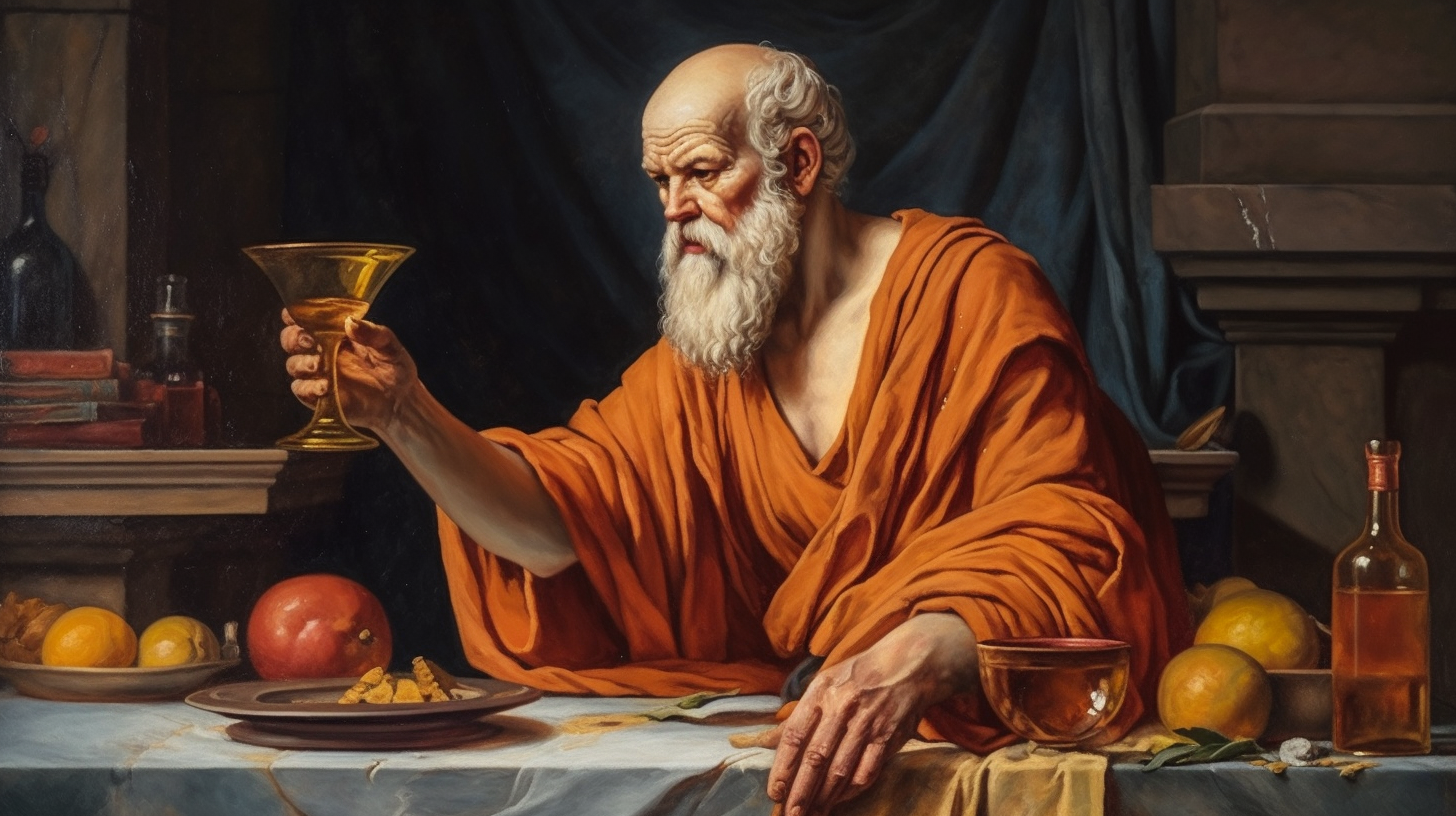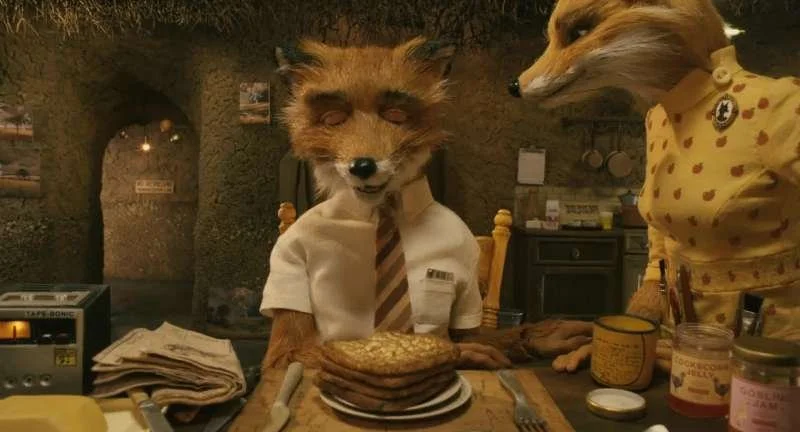I Think, therefore I Am ~
I Think, therefore I Am ~
Our Articles
Thoughts, philosophies, and stories put into words.
Explore the works of our youth philosophers through SQP’s articles.
Consequentialism in Bong Joon Ho’s Parasite; when do the Means truly justify the Ends?
Is self preservation a “good-enough” excuse to justify murder? Bong Joon Ho’s Parasite follows the Kim family as poverty drives them to blur ethical boundaries, even resorting to violence. Through their story, the film forces us to question where consequentialism ends and morality begins.
The Earth and our Relationship with Thought through the Indigenous Way of Knowing
What costs more, convenience or the planet? A rushed ride to school may seem trivial, yet it adds to the billions of tonnes of CO2 humans release each year. While Western habits often prioritize speed and comfort, Indigenous Ways of Knowing place the Earth at the centre, offering deeper insights into how knowledge and responsibility intertwine.
Plato’s Allegory of the Cave; a Warning about the Dangers of Perception in Today’s Media.
Plato’s Allegory of the Cave warns of mistaking shadows for reality, a metaphor that feels strikingly urgent in today’s digital age. Social media feeds distorted truths, blurring the line between real and false, until we can no longer tell what lies beyond the shadows. Perhaps we never will.
The Experience Machine & Fantastic Mr.Fox
Mr. Fox doesn’t want to live in a hole anymore. What is the meaning of happiness if it isn’t authentic?
Perception vs Reality in Fantastic Mr. Fox
Although what some would consider a box-office “flop”, Wes Anderson’s Fantastic Mr. Fox serves as what many know today as one of the best stop-motion films ever created. However, beyond amazing cinematography and George Clooney’s even more amazing voice acting, Fantastic Mr. Fox was created in a way that also oils our epistemological gears.
Pragmatic Theory & Pyrrhonian Skepticism in Fantastic Mr. Fox
The Pragmatic theory suggests that a belief or an idea is “true” not because it corresponds to some external reality, but because it is true in practice. By judging the truth of ideas based on its usefulness and practical consequences rather than some abstract accuracy, philosophers and even you and I are able to better solve problems, such as those reflected in the movie Fantastic Mr. Fox.
Anthropomorphic-dualism in Fantastic Mr. Fox
Wes Anderson’s Antropomorphic masterclass brings to the world talking foxes with manners, morals and social structures. Despite this duality of human and animal, what does Fantastic Mr. Fox tell us about the connection vs separation of mind and body?
The Lady, or the Tiger?
Which came out of the opened door – the lady, or the tiger? How exactly would a princess be thinking in that moment, where her love and compassion for her brave lover is at odds with jealousy and her fear of losing him to another woman?
Today’s Digital Panopticon; Imprisoned in our Own Homes?
Jeremy Bentham argues that surveillance itself is enough to create perfectly efficient power; other philosophers believe the invention of the Panopticon, the perfect prison, is only the beginning of justifying the violation of freedom and dignity.
The Reality of Reality: the Brain-in-a-Vat Thought Experiment
Is reality a simulation? Does it matter if it is?
What do we truly know?
A Philosophical Zombie
Are human beings defined by merely their physical attributes? Descartes argued that thought and feeling set humans apart from animals, while physicalists claim everything can be explained materially. The debate deepens with the idea of the “philosophical zombie,” a creature physically identical to us but devoid of experience.
Marx ~ Political Philosophy on a Timeline
How have societal issues developed since ancient times? The perspective of modern philosopher Marx takes a deeper dive into the issues with capitalism.
Confucius ~ Political Philosophy on a Timeline
Can family complement the state? Ancient China’s most influential thinker’s familial-centered model of governance.
Hegel ~ Free Will, Determinism, and its Importance Today
Is Free Will an illusion we believe in? Understand how thoughts of Free Will change throughout time, with the examination of Epicurus and Hegel’s theories.
Epicurus ~ Free Will, Determinism, and its Importance Today
The dilemma of free will has been explored by philosophers and scientists for centuries. The big question still remains without complete answer; do we have a choice in our own actions?
What "The Good Place" has taught me about death
An argument for why death is necessary for living a fulfilling life
The Greeks on The Good Life.
The Greeks seamlessly had it all figured out. When they weren't fighting and going to war, they gave us a lot of amenities or provided the perfect blueprint on how to live a good life.
The Philosophy of Friendship: Maker or Breaker of a Good Life?
To what extent does “quality over quantity” hold? Are friendships vital to accessing a good life?




































